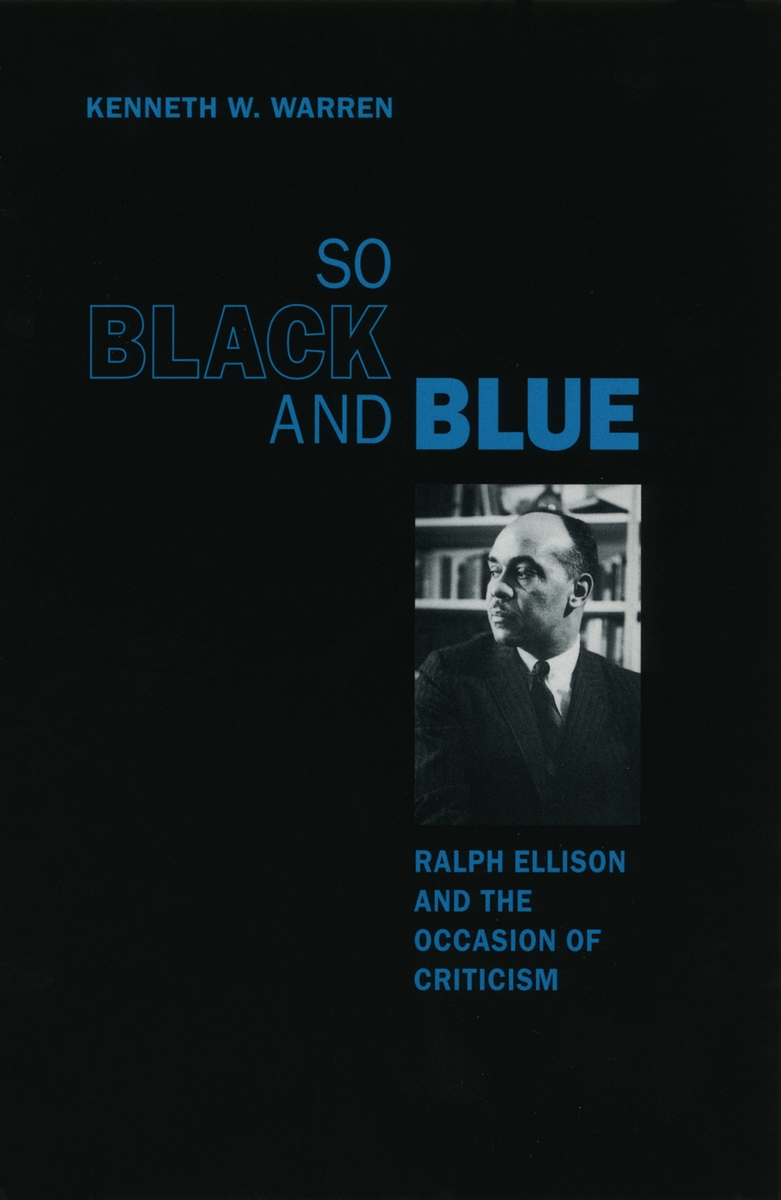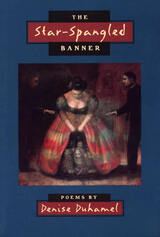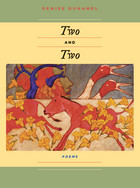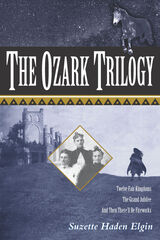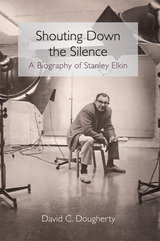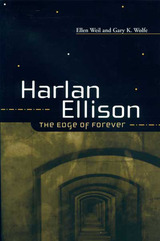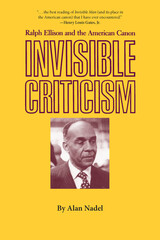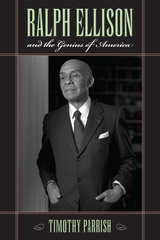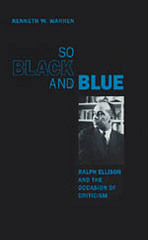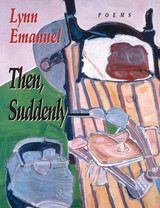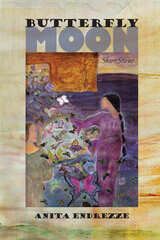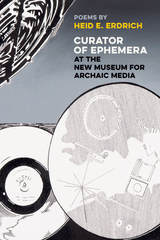So Black and Blue: Ralph Ellison and the Occasion of Criticism
University of Chicago Press, 2003
Paper: 978-0-226-87380-0 | Cloth: 978-0-226-87378-7
Library of Congress Classification PS3555.L625Z945 2003
Dewey Decimal Classification 818.5409
Paper: 978-0-226-87380-0 | Cloth: 978-0-226-87378-7
Library of Congress Classification PS3555.L625Z945 2003
Dewey Decimal Classification 818.5409
ABOUT THIS BOOK | AUTHOR BIOGRAPHY | TOC | REQUEST ACCESSIBLE FILE
ABOUT THIS BOOK
"So Black and Blue is the best work we have on Ellison in his combined roles of writer, critic, and intellectual. By locating him in the precarious cultural transition between Jim Crow and the era of promised civil rights, Warren has produced a thoroughly engaging and compelling book, original in its treatment of Ellison and his part in shaping the history of ideas in the twentieth century."—Eric J. Sundquist, University of California, Los Angeles
What would it mean to read Invisible Man as a document of Jim Crow America? Using Ralph Ellison's classic novel and many of his essays as starting points, Kenneth W. Warren illuminates the peculiar interrelation of politics, culture, and social scientific inquiry that arose during the post-Reconstruction era and persisted through the Civil Rights movement. Warren argues that Ellison's novel expresses the problem of who or what could represent and speak for the Negro in an age of limited political representation.
So Black and Blue shows that Ellison's successful transformation of these limits into possibilities has also, paradoxically, cast a shadow on the postsegregation world. What can be the direction of African American culture once the limits that have shaped it are stricken down? Here Warren takes up the recent, ongoing, and often contradictory veneration of Ellison's artistry by black writers and intellectuals to reveal the impoverished terms often used in discussions about the political and cultural future of African Americans. Ultimately, by showing what it would mean to take seriously the idea of American novels as creatures of their moment, Warren questions whether there can be anything that deserves the label of classic American literature.
What would it mean to read Invisible Man as a document of Jim Crow America? Using Ralph Ellison's classic novel and many of his essays as starting points, Kenneth W. Warren illuminates the peculiar interrelation of politics, culture, and social scientific inquiry that arose during the post-Reconstruction era and persisted through the Civil Rights movement. Warren argues that Ellison's novel expresses the problem of who or what could represent and speak for the Negro in an age of limited political representation.
So Black and Blue shows that Ellison's successful transformation of these limits into possibilities has also, paradoxically, cast a shadow on the postsegregation world. What can be the direction of African American culture once the limits that have shaped it are stricken down? Here Warren takes up the recent, ongoing, and often contradictory veneration of Ellison's artistry by black writers and intellectuals to reveal the impoverished terms often used in discussions about the political and cultural future of African Americans. Ultimately, by showing what it would mean to take seriously the idea of American novels as creatures of their moment, Warren questions whether there can be anything that deserves the label of classic American literature.
See other books on: African American men in literature | African Americans in literature | Blue | Ellison, Ralph | Politics and literature
See other titles from University of Chicago Press
